Russia will do its utmost to return Jerusalem issue to constructive direction: FM Lavrov
Russia says it will do its best to return the situation around Jerusalem al-Quds to a constructive track, a day after the US vetoed a UN Security Council resolution aimed at annulling US President Donald Trump’s controversial move to recognize the city as Israel’s "capital."
Russian Foreign Minister Sergei Lavrov made the remarks in a meeting with Nabil Shaath, a Palestinian presidential adviser on foreign policy issues and international relations, on Tuesday, saying Moscow, without any doubt, was “alarmed” over the current situation around Jerusalem al-Quds.
“Our stance on the issue has been repeatedly outlined by the Russian President [Vladimir Putin] and confirmed in his telephone conversation with Palestinian President Mahmoud Abbas,” said the Russian top diplomat.
On December 6, Trump announced his decision to recognize Jerusalem al-Quds as Israel’s capital and relocate the US embassy in occupied lands from Tel Aviv to Jerusalem al-Quds, a highly contentious move that triggered demonstrations in the occupied Palestinian territories, Iran, Turkey, Egypt, Jordan, Tunisia, Algeria, Iraq, Morocco and other Muslim countries.
On Monday, 14 members of the 15-member UN Security Council voted in favor of an Egyptian-drafted resolution, which did not specifically name the US or Trump but expressed “deep regret at recent decisions concerning the status of Jerusalem” al-Quds, while US Ambassador Nikki Haley wielded Washington’s veto against the call.
Shortly after the US veto, the Palestinian government strongly denounced as “unacceptable” the Washington move, saying the highly provocative step “threatens the stability of the international community because it disrespects it.”
Washington’s key allies the UK, Italy, France, Ukraine and Japan were all among the 14 countries that voted in favor of the UN measure.
Commenting on the US veto, the Russian foreign minister said that it was “regrettable” that Washington demonstrated approaches that “contradict the world's will.”
Elsewhere in his remarks, Lavrov also said that Moscow would “promote the beginning of negotiations [between Palestine and Israel], and to ensure no party take unilateral steps predetermining a final settlement.”
The Russian senior diplomat also promised that his respective country would continue to provide humanitarian assistance to the Palestinian people and to support corresponding UN projects.
After the White House vetoed the resolution, Russia's deputy UN envoy, Vladimir Safronkov, also announced that Moscow was ready to mediate a so-called peace process. “We are ready to become an honest mediator here,” he said.
Jerusalem al-Quds remains at the core of the Israeli-Palestinian conflict, with Palestinians hoping that the eastern part of the city would eventually serve as the capital of a future independent Palestinian state.
VIDEO | Former FBI agent criticizes US Congress for 'outright corruption'
IRGC chief urges Muslim countries to cut aid routes to Israel
'New chapter in cooperation': Iran, Venezuela sign new MoUs
Jordan sentences former lawmaker for supporting Palestinian resistance
Basij volunteer forces hold massive drills in southwestern Iran
Israeli war criminals 'not welcome', US city says after ICC ruling
US vetoing of Gaza ceasefire resolution ‘disgraceful’: Iran’s UN envoy
VIDEO | IAEA adopts anti-Iran resolution tabled by E3


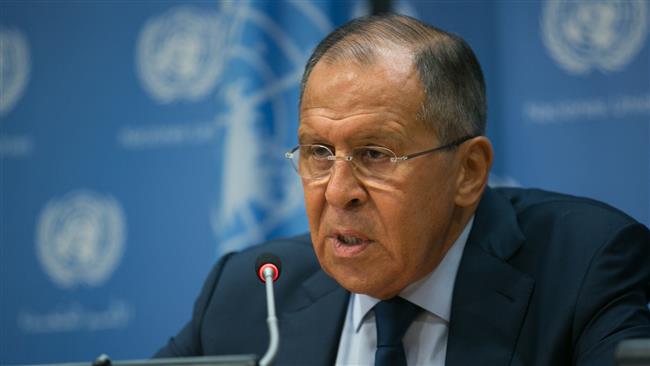


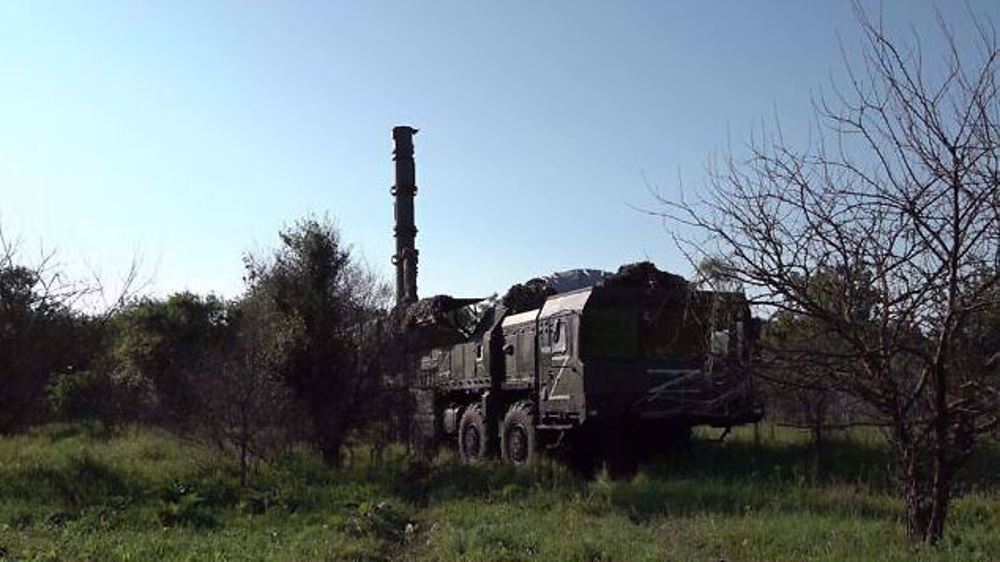
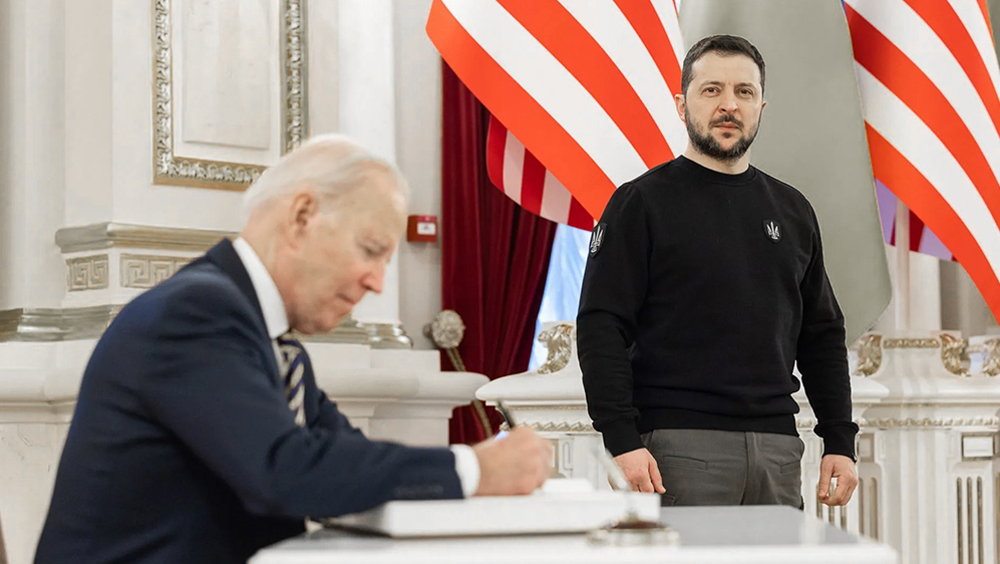



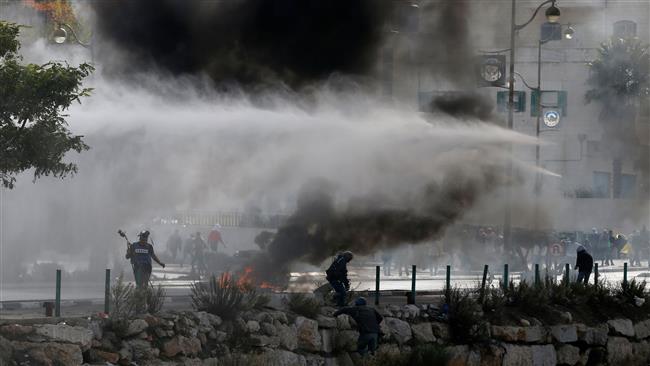
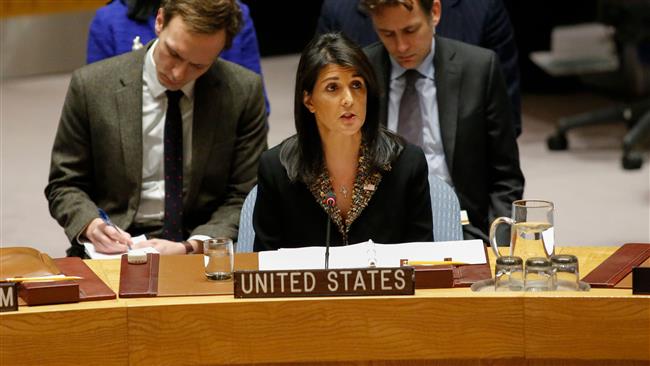

 This makes it easy to access the Press TV website
This makes it easy to access the Press TV website